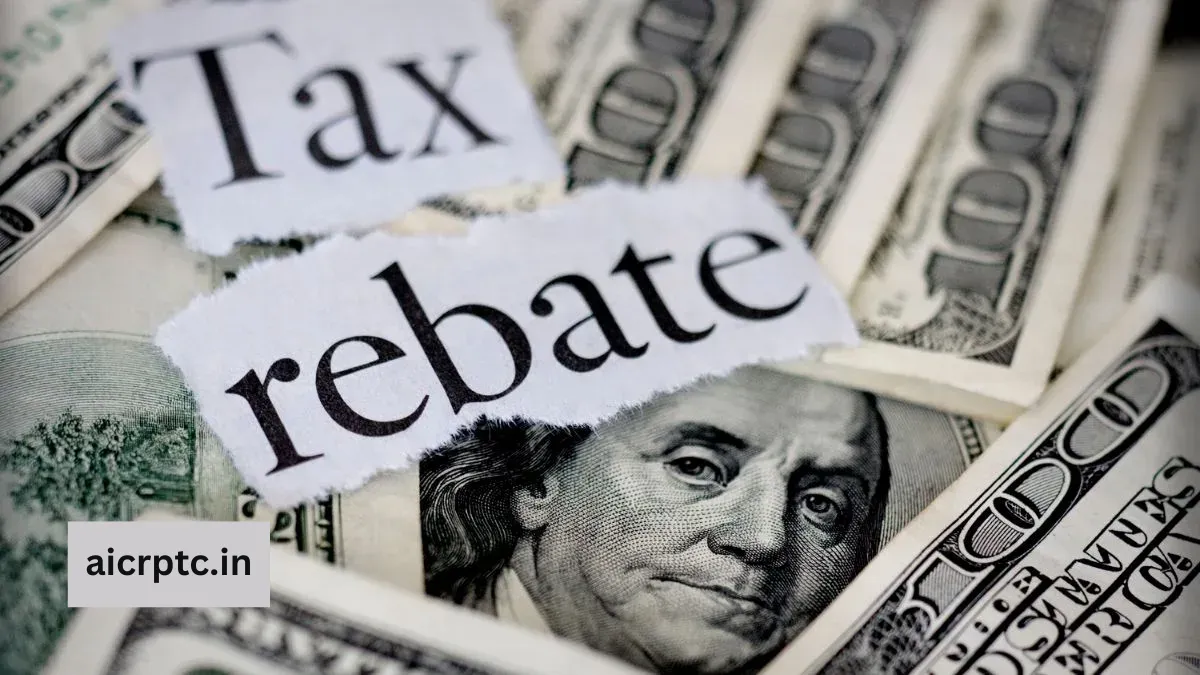Tax Rebate
Georgia residents who submitted their state tax returns for both 2023 and 2024 are set to receive an extra financial benefit this month, as the state begins issuing its third round of special tax refunds.
Governor Brian Kemp and the Georgia Department of Revenue have confirmed that distribution of these payments is now underway.
These one-time refunds are made possible through House Bill 112, which was approved during the 2025 legislative session. The goal is to return a portion of the state’s budget surplus to qualified taxpayers. Georgia previously issued similar rebates in 2022 and 2023.
“This refund is another example of how we are standing with Georgia’s families and small business owners,” said Governor Kemp in a statement. “This money isn’t the government’s—it’s rightfully the people’s.”
How Much Will You Get?
The refund amount is determined based on your 2023 tax liability, with maximum amounts set as follows:
- $250 for single filers and married individuals filing separately
- $375 for those filing as head of household
- $500 for couples filing jointly
When Will You Receive It?
The Georgia Department of Revenue reports that most eligible taxpayers will get their refund in the coming weeks—provided they filed their 2023 and 2024 state tax returns on time and have no outstanding tax debt.
Officials emphasized that the department is ready to process and distribute the payments promptly and securely. To verify eligibility, residents can use the Surplus Tax Refund Eligibility Tool available on the Georgia Tax Center website. Taxpayers will need to provide their tax year, Social Security or Tax ID number, and federal adjusted gross income.
Tax Cuts Also Coming
Beyond the rebates, Georgia residents will also see an income tax rate reduction, dropping from 5.39% to 5.19%, thanks to House Bill 111 passed earlier this year.
This tax cut builds on changes introduced in 2022 and highlights the state’s commitment to conservative financial management and economic stability.
This latest wave of tax relief continues the state’s approach of using budget surpluses to ease the financial load on residents, supporting both household budgets and local economic activity.







